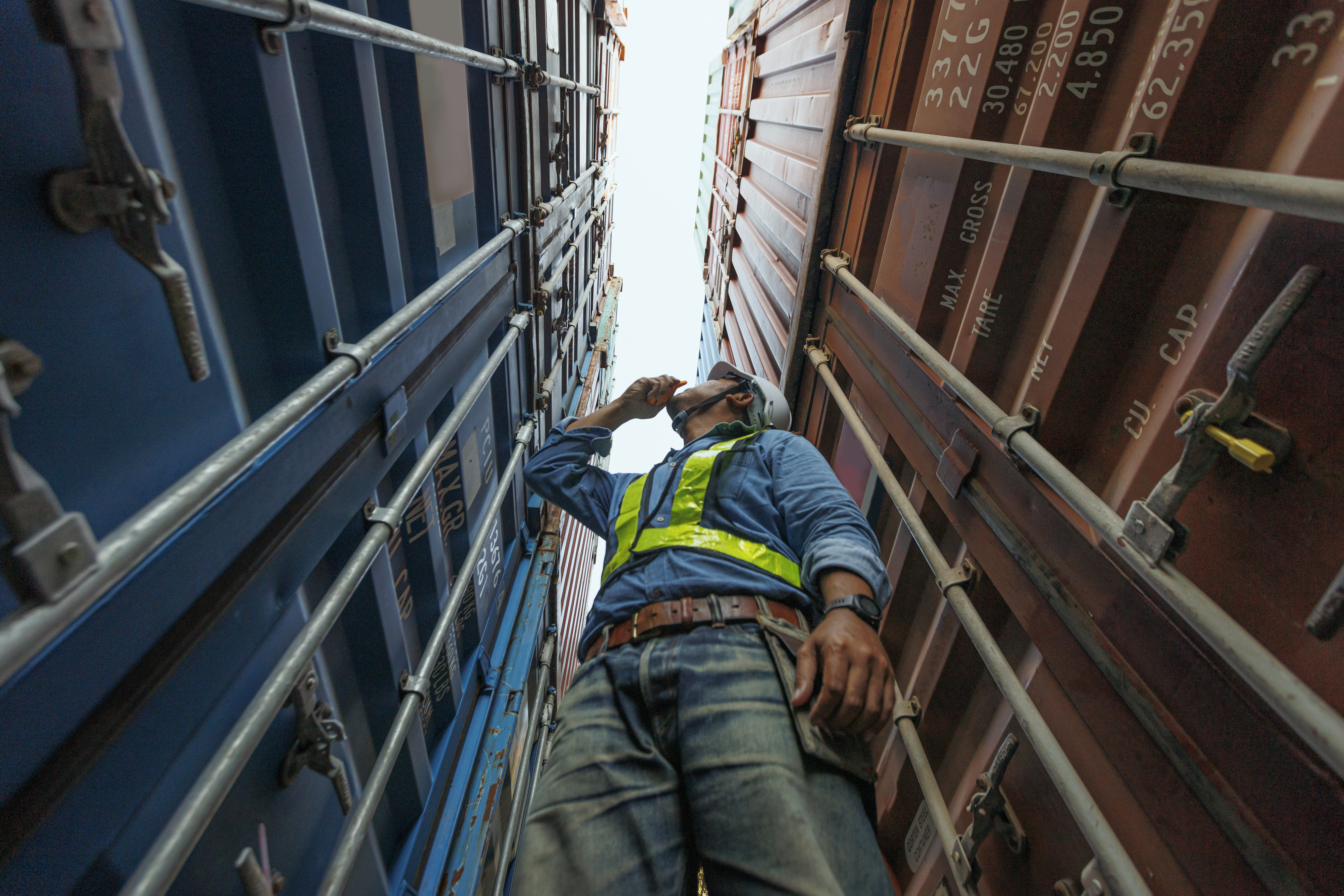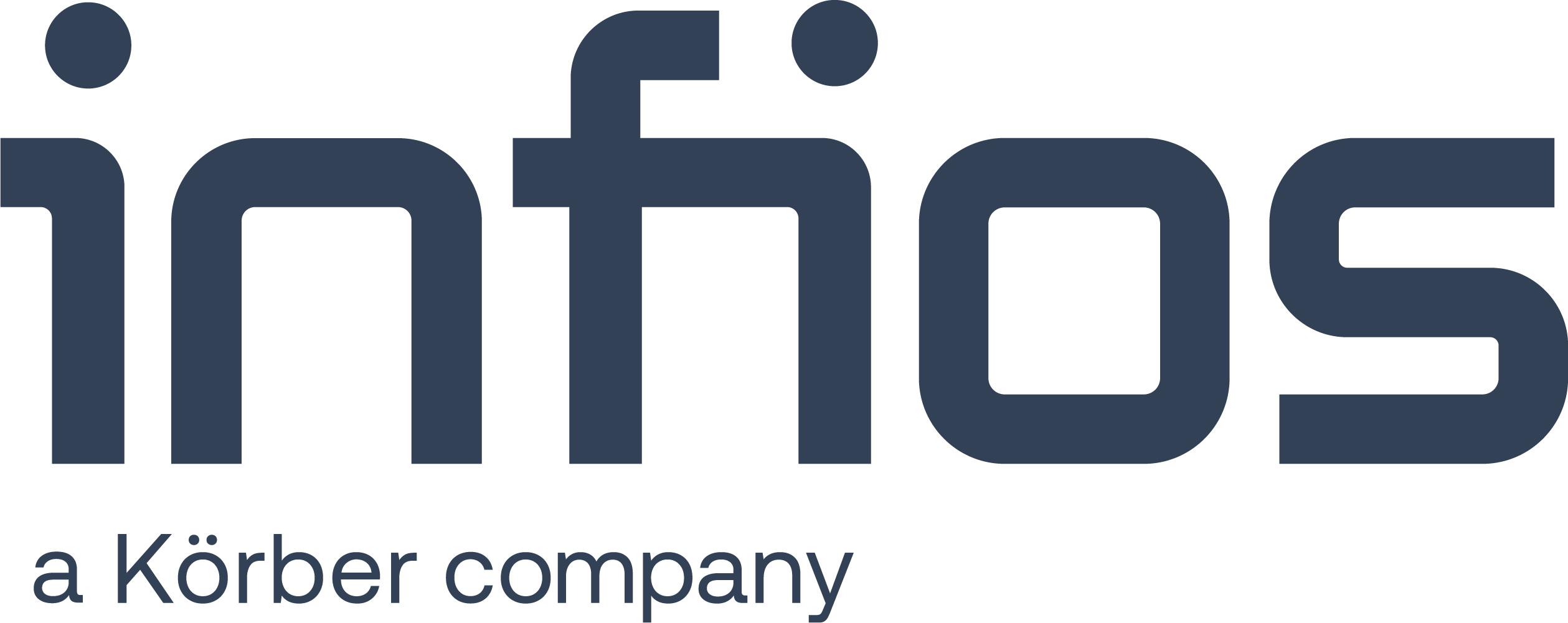
- Blog
From global trade compliance to warehouse robotics, learn how the next decade of AI will redefine efficiency, trust and resilience across supply chains.

Intelligence has become the baseline of global commerce in this new era of supply chains; And we believe that over the next five to ten years, AI will continue to reimagine how goods are produced, moved and delivered.
Progress will drive the industry from simple AI assistants towards autonomous agent ecosystems that can sense, decide and act with humans focusing on strategy and innovation.
Hyper-automation in supply chains: from connected processes to autonomous ecosystems
Supply chain has always been a web of processes: sourcing, production, warehousing, logistics, compliance, customer engagement. Companies have optimized each in silos, but the whole has never been orchestrated. Hyper-automation changes that. With AI at the core, every process connects, adapts and executes in real time.
Hyper-automation is the shift from digitized processes to a living, self-optimizing ecosystem. By 2030, we believe the most advanced supply chains will look less like managed workflows and more like autonomous organisms, learning, adapting and executing.
AI and smart contracts in global trade: eliminating paperwork, delays and fraud
Global trade management is one of the most overlooked but critical areas ripe for disruption. Today, cross-border commerce drowns in paperwork, inconsistent regulations and opaque compliance requirements. The result: billions lost every year to inefficiency, fraud and delays.
AI and blockchain-enabled contracts are poised to change this:
In the next decade, we see the paperwork and delays that once defined global trade will give way to digital trust networks - where every transaction is transparent, traceable and instantly verifiable.
Human + AI collaboration: elevating supply chain talent beyond oversight
The common thread across these trends is the elevation of humans in future supply chains. AI agents will take over repetitive tasks like chasing shipments or updating spreadsheets, humans shift focus to setting strategy, defining priorities for customer experience, resilience and sustainability.
This partnership between people and AI redefines supply chain work. Talent is freed to innovate, model new scenarios and anticipate opportunities rather than react to problems. Skills like strategic planning, creativity and customer empathy become more valuable than manual coordination.
The supply chain evolves from a cost center into a strategic growth engine, where human insight and machine intelligence together drive operational efficiency, innovation and long-term market differentiation.
The future of supply chains: roadmap to 2030 and beyond
This isn’t a distant vision. The building blocks of intelligent execution, AI, robotics, IoT and digital contracts, are already here. The next five years will determine which organizations weave them into cohesive, autonomous systems and which remain stuck in manual, reactive models.
By the end of this decade, supply chains will look fundamentally different having transitioned from managed systems to autonomous ecosystems. Hyper-automation will erase inefficiencies. Smart contracts will replace friction with trust. AI agents will become the cognitive brain of global commerce.
The leaders of tomorrow won’t be defined by the size of their warehouses or fleets, but by the intelligence of their supply chains, systems that can learn, adapt and direct themselves at scale.


Infios has been positioned as a Leader in the 2025 Gartner® Magic Quadrant™ for the seventh consecutive year.
Download the report